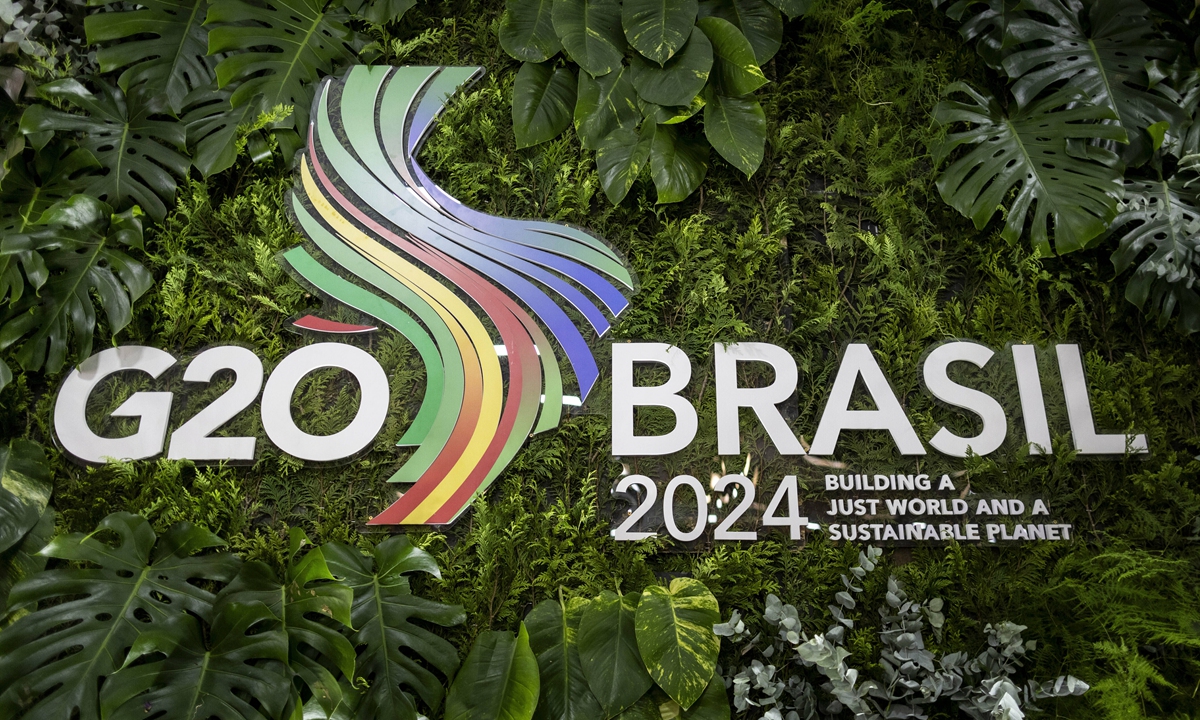
Russia-Brazil Relations Bolster BRICS Influence, Eye Future Economic Growth
During the 12th session of the Intergovernmental Russia-Brazil Commission on Trade, Economic, Scientific and Technical Cooperation, key developments unfolded, marking a significant stride in Russia-Brazil relations. Brazilian Foreign Ministry Secretary General Maria Laura da Rocha underscored the dynamic progression of ties between the two nations, noting their crucial role within the BRICS configuration and the global stage. This meeting, poised to address and resolve pending issues, sets a promising tone for future diplomatic and economic engagements.
Strengthening Bilateral and Multilateral Relations
At the heart of the discussions was the mutual interest in deepening bilateral relations, with an emphasis on the strategic importance of these ties within the broader BRICS framework. Da Rocha's optimistic outlook on the resolution of outstanding matters through the commission's work signifies a robust commitment to enhancing cooperation. The anticipation surrounding the outcomes of the working groups' efforts further illustrates the proactive approach both nations are adopting to fortify their partnership.
Enhancing Government and Business Contacts
The commission's meeting not only serves as a diplomatic platform but also as a catalyst for fostering closer ties between the government and business communities of Russia and Brazil. Such engagements are crucial for translating political goodwill into tangible economic and technical collaborations. The potential for these increased contacts to drive future cooperation highlights the strategic foresight of both countries in leveraging their partnership for mutual benefit.
Implications for BRICS and Global Economic Dynamics
This meeting's outcomes could have far-reaching implications for the BRICS group and the global economic landscape. Amid discussions on strengthening BRICS' capacity and role in world affairs, as underscored by Russian Foreign Minister Sergei Lavrov during the G20 meeting in Rio de Janeiro, the Russia-Brazil bilateral cooperation emerges as a critical element in the broader strategy to elevate the influence of developing countries on the global stage. Lavrov's advocacy for including more developing nations in the UN Security Council and Brazil's initiative to boost BRICS' share in global GDP underscore the strategic maneuvers underway to reshape global economic and political dynamics.
The burgeoning relationship between Russia and Brazil, set against the backdrop of their efforts to enhance BRICS' standing in world affairs, underscores a significant shift towards a more balanced and multipolar global order. As these nations continue to build on their diplomatic and economic ties, the potential for substantial impacts on global trade, economic growth, and geopolitical balance becomes increasingly evident. This evolving partnership, rooted in mutual respect and shared goals, exemplifies the strategic alliances shaping the future of international relations.
BNN
Source: bnnbreaking.com
